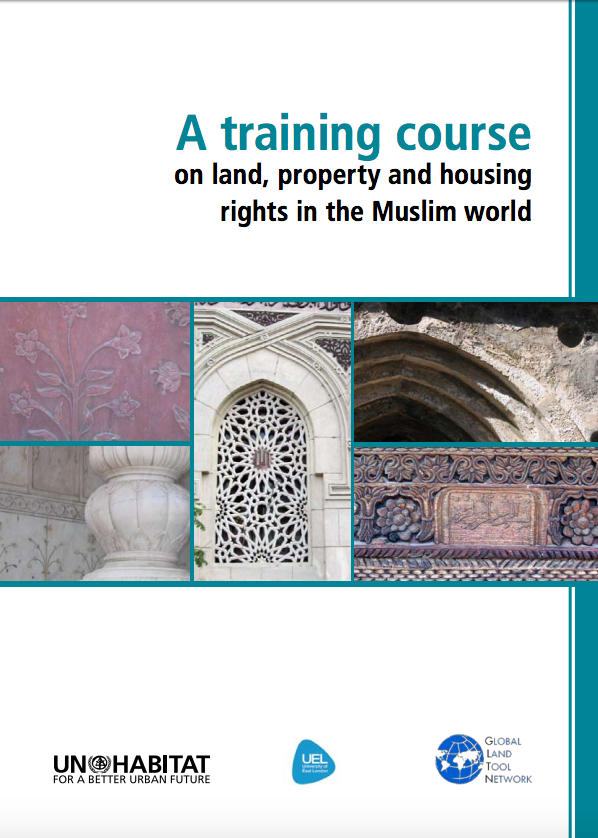Istanbul Declaration on Human Settlements and Habitat Agenda
These two important documents include obligations related to women's housing and inheritance rights. Under the Habitat Agenda, States commit themselves also to:
"Provid[e] legal security of tenure and equal access to land to all people, including women and those living in poverty; and undertaking legislative and administrative reforms to give women full and equal access to economic resources, including the right to inheritance and to ownership of land and other property, credit, natural resources and appropriate technologies" (Sec. 40b)






